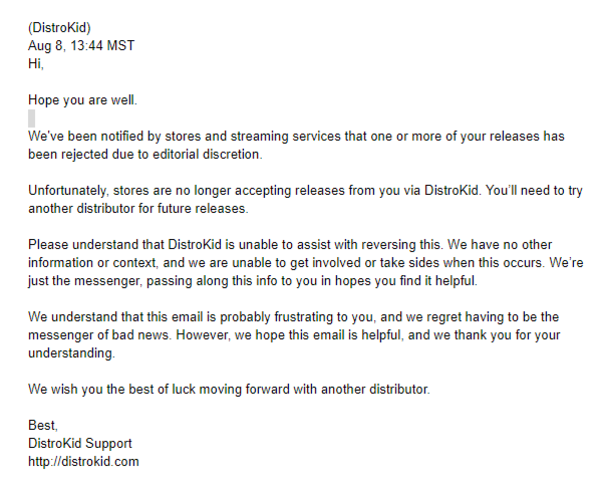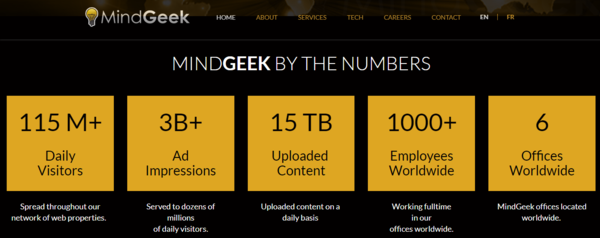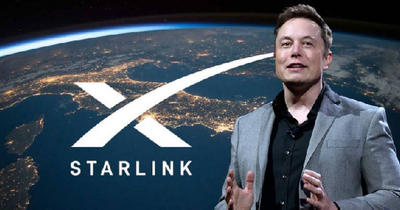A music artist once shared with me a letter from a digital music distribution company (DistroKid) that essentially was telling them that they were not allowed to upload their music to digital music stores and music streaming services such as Apple Music and Spotify. What caught my attention is the reason given being “due to editorial discretion.”
Typically, when something like this happens, it is usually related to a non-music artist who uploads sounds or random audio that doesn’t exactly qualify as music. However, in this specific case, it appears that one specific platform (Apple iTunes) had an issue with some of the artist’s artwork.

Indiscriminate suspensions
When I read the letter from DistroKid as well as Cain’s message, it reminded of another digital platform and some of its suppliers who I have heard complain about temporarily or permanently being banned from using it, despite it being their sole source of income, for one arbitrary reason or another.

In this instance, I am speaking specifically about ride-hailing services. Many a driver I have spoken to while on a trip will complain about how the platform has changed rules (with no consultation with them, or the suppliers). Sometimes, these are rules that directly affect their income, like how much commission the ride-hailing company now takes from their fees, or rules around how long they are allowed to take trips for without being forcibly stopped to take a break until such a time the platform decides is enough. In some cases, based on the stories I’ve heard from drivers, the platform can decide, without much justification or reasons given to the drivers, that they have been suspended for good, all rights reserved.
It is not only that digital (multi-sided) platforms, once they become monopolies or duopolies, can ban and censor whoever they want at will, it is also that they display another quite worrying characteristic over time. They tend to cannibalize their own suppliers after “disrupting” the very industry. To be specific, they seem to erode a lot of the little value that remains in the very industries they operate in.
The above two examples and industries are good examples of this as music artists have seen declining revenues from direct music sales, especially with the introduction of music streaming. Same with cab drivers, who just like music artists have seen more trips (more songs being streamed) but less income.
Cannibalizing the supply side
A quick glance across industries where multi-sided digital platforms have been disruptive reveals similar trends. Interestingly though, the customers are always happy. I love the convenience and affordability of ride-hailing (vs. hiring a personal driver) and having the world’s music catalog at my fingertips whenever I want to listen is quite cool, but I just wonder how long this can be sustained until the platforms literally eat up the supply side.
To understand this and see where this could go, I had to briefly delve into the murky, dark, and somewhat considered unethical and repulsive world of Internet pornography platforms. It didn’t take long to learn that one company, MindGeek (this link has no adult content, just some details on the company), has a huge monopoly on Internet porn traffic, specifically, MindGeek’s free porn streaming sites account for the 3rd largest amount of Internet bandwidth behind Google and Netflix. The question though, in the bid to understand the effects of digital platforms, is how did they achieve such dominance and at whose expense? Secondly, does MindGeek produce any movies, or like other Internet platforms it is just a multi-sided platform?

As I suspected, MindGeek merely owns some of the world’s most popular (by traffic volumes) free porn streaming sites such as Pornhub, RedTube, Brazzers, et al. More interestingly, the majority (by some research it’s apparently over 80%) of content on MindGeek-related websites is not their content but rather content that has been pirated and illegally uploaded from other studios, i.e. they don’t hold any copyright to the videos. As a result, what has happened, to cut a long story short, is that many adult film studios have completely shut down because it is near impossible to make money from the videos they make. As such, in some cases, MindGeek, through some of its companies and thanks to its monopoly, has entered the adult film production side and is able to get talent on the cheap because after all, they control the majority of the distribution and are the monopoly.
The case of Internet porn presents a rather unlikely cautionary tale of the trajectory of some of our favorite digital platforms.
You don’t believe this?
The hints are there; Apple Music and Spotify have already started offering artists’ deals and even looking into music production. TikTok too.
Ride-hailing? Some ride-hailing companies have started investing in and exploring self-driving cars.
The question is not about whether it is legal or not, but rather it is a question of ethics and sustainability.
— By Tefo Mohapi







